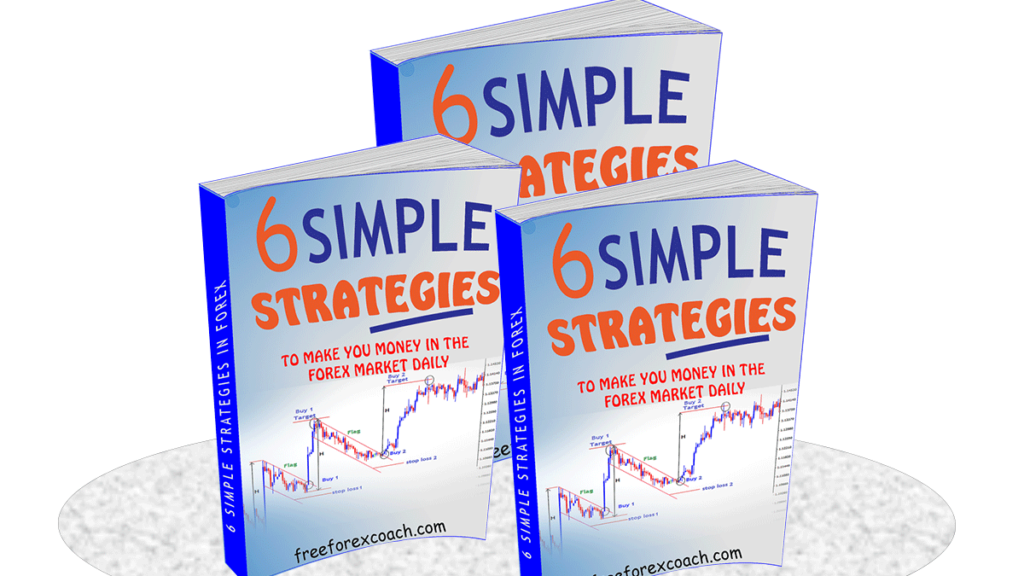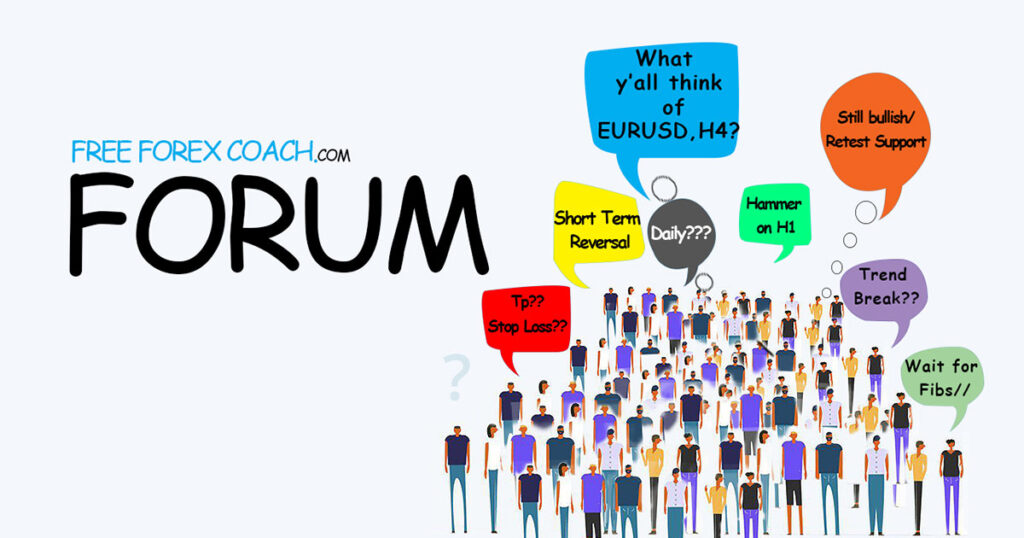Global Equity Markets affect Forex market directly. A strong equity market is a strong currency.
Ideally, when the stock/ equity markets of the country is doing good, it attracts more of the foreign investors.
This increases demand for the currency hence rise in positive trade balance and currency appreciation.
On the other hand,
When the stock market is struggling, international investors take their money out and look for safer securities. Demand for that currency will certainly fall.
how Global Equity Markets affect forex market
Trading in equity markets and Forex markets involves exchange of currencies of different countries.
If the stock/equity market rises, it’s likely that more of the investors from around the world would want to invest in that stock.
However, to do that, they have to first change their local currencies into the currency of that country.
This will hence increase demand for that currency.
Then, What happens next?
Of course, as demand for the currency increases, the value of the currency rises up.
Example on how Equity markets affect Forex market
if you are to invest in stocks in UK, and your currency is in Dollars(USD). You must first change the Dollars into pound (GBP).
When you do that, you are selling the USD while buying the GBP.
As more investors sell off the Dollar in exchange for the pound, it increases more demand for the pound. More demand for the pound pushes up the value of the pound(GBP) and also positive trade balance.
On the contrary, as more of the USD is sold, it increases supply of USD to the economy hence fall in value of the dollar.
As demand for the currency increases, the currency value appreciates and so the Forex market becomes more bullish.
Conversely, if the demand for currency falls, the currency value will fall and the Forex market gets more bearish.
Do you still have a reason to consider the stock market news? I would advise you to.
You can achieve this through the analysis of the major global market indices.
Let’s have a look at some of the global equity indices in the stock market.
The Global Equity Indices in the Stock Market
| Stock indicies | Description |
S&P 500 |
The standard & poor 50 abbreviated as (S&P 500), represents the weighted index of stock prices of 500 largest American companies. It is the most followed index at the same time, one of the best in US stock markets. |
DOW 30 |
The Dow Jones Industrial Average(DJIA). It represents the weighted index of stock prices of average of top 30 traded stocks on the New York Stock Exchange (NYSE) and NASQDAQ. |
DAX |
The Deutscher Aktien Index (DAX). This Consists of 30 major blue chip German companies traded on the Frankfurt stock exchange market. |
FTSE 100 |
The financial time stock exchange 100 (FTSE 100). It comprises of 100 companies listed on the London stock exchange market with the highest market capitalization. |
Nikkei 225 |
Stock market index for the Tokyo. To begin with, the stock exchange market in Japan is equal to the Dow Jones Industrial average in America. It Comprises of top 225 blue-chip companies traded on the Tokyo stock exchange market. |
NASDAQ |
National Association of Securities Dealers Automated Quotations (NASDAQ). It is the second largest stock exchange in the world market after New York Stock Exchange. Also, it comprises of about 3700 electronic companies and corporations in America. |
DJ EURO STOXX 50 |
Is the Dow jones EURO STOXX 50, abbv. DJ EURO STOXX 50. The weighted stock index of 50 large blue-chip European companies in the Euro zone. |
Hang Seng |
The Hang Seng Index (HIS), the weighted stock market index in Hong Kong. The HIS Comprises of 50 countries. It tracks the overall performance of the Hong Kong stock market. |
Very well. But, for you to understand the whole concept, you must know what equity markets are and how they work.
Let’s now dig in, into equity markets.
What are Equity(Stock) markets
Equity markets are also called stock markets or share markets. It is where investors and traders buy and sell shares of the public listed companies.
A stock or share or a company’s equity is a financial instrument that represents ownership in a company.
Unlike the bond market, in stock market, when you buy a share, you owns a portion of the total shares in the company. In simple terms, you become a share holder in that company.
Here, companies float their shares to the market for the investors and you can only do your transactions through a broker.
The stock markets are highly regulated and transparent, so it is easy to access their financial records.
They are publicly disclosed through newspapers, televisions and radios.
How does a Stock(Equity) Market Work
The stock market works through a network of exchanges.
The major exchanges include, New York Stock Exchange (NYSE), Nasdaq,the Australian Securities Exchange (ASX), the London Stock Exchange, as well as Japan, Hong Kong and Shanghai.
Exchanges are the places and systems were stocks are traded.
Through an initial public offering IPO, Companies list shares of their stock on an exchange for the investors. This allows the companies to raise money to grow its business.
Initially, buying and selling shares was only done on a trading floor through an auction, but today most of it is done electronically.
Buying and Selling of stocks
You can buy and sell stocks in majorly 2 ways;
1. Auction Houses
In the auction house, buyers and sellers negotiate prices and trade securities among themselves.
A buyer bids a specific price for a stock, and a seller asks a specific price for the same stock. When the bid and ask prices match, a sale takes place.
A bid is the price at which one wishes to buy, and an offer/ask is the price at which one wishes to sell.
2. Through A Broker.
Alternatively, you can buy or sell stocks placing orders electronically through a broker on a trading platform.
Like the Forex market,
The buyers and sellers place orders through brokers and the brokers match orders to the best possible price.
The price at which you want to buy the shares is the bid price, and the price at which you want to sell the shares is the offer/ask price.
How Does Greed Impact your Forex Trading Success?
There are several ways greed can impact your Forex trading success. Firstly, greed can make you abandon your well crafted trading strategy in favor of impulsive and speculative actions. Instead of adhering to predetermined entry and exit points based on technical or...
-
- Topic
- Voices
- Last Post



